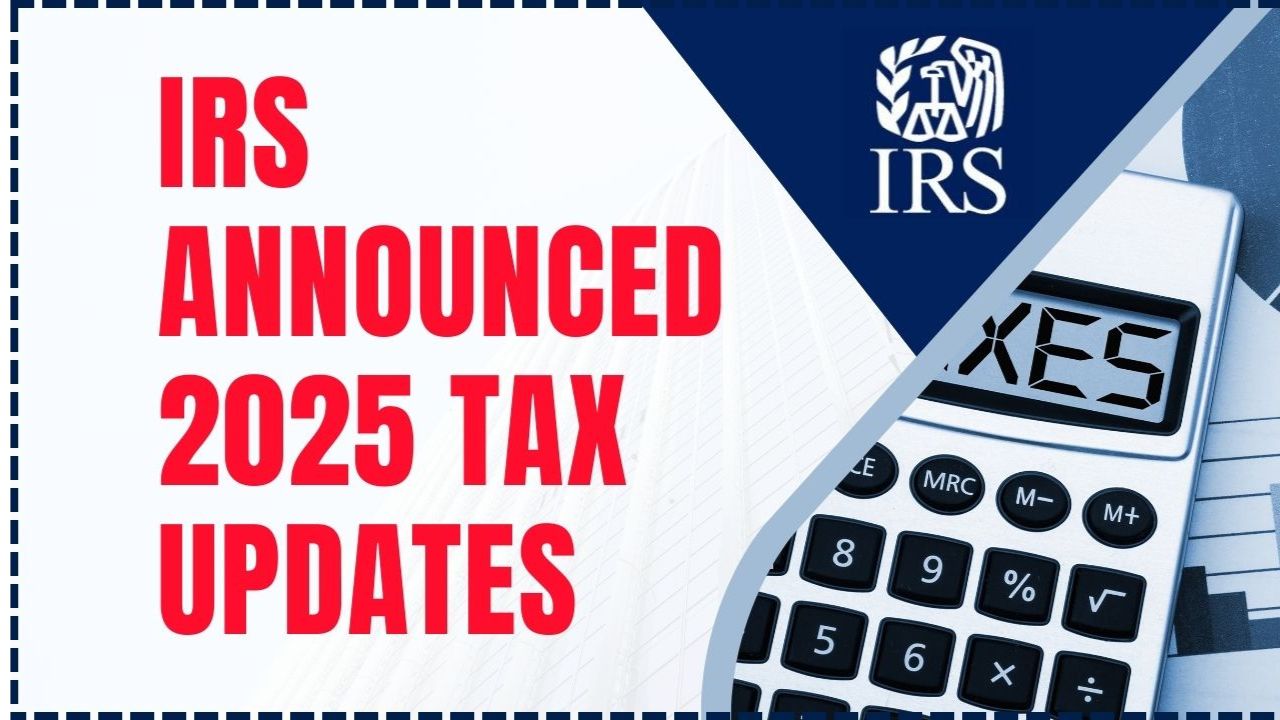To keep its tax legislation and systems current and as user-friendly as possible for its taxpayers, the Internal Revenue Service (IRS) makes several adjustments each year, and 2025 is no exception. To remain current, the Agency will make certain adjustments to its 2025 tax filing season, which will, as usual, take place from January to April 2025.
Over 128 million individual tax returns will be processed by the IRS during this period, highlighting how crucial it is that the Agency remains current and ensures that the process is simple and uncomplicated for employees and taxpayers.
The Direct Submit pilot program, which enables taxpayers to submit their forms online for free, was one of the actions the IRS took last year to achieve this goal. The objective for 2025 is to extend the program and make it available for even more taxpayers, as the policy proved effective in the twelve states where it was introduced.
The Direct File Implementation:
Residents who had resided and worked in Arizona, California, Florida, Massachusetts, Nevada, New York, South Dakota, Tennessee, Texas, Washington State, and Wyoming for 2023 could access the Direct file in 2024. The program will be offered in 24 states by 2025 after being extended to Alaska, Connecticut, Idaho, Kansas, Maine, Maryland, New Jersey, New Mexico, North Carolina, Oregon, Pennsylvania, and Wisconsin. Like the previous year, you must have lived and worked in these states for 2024 to be eligible to utilize it.

Since the number of states doubled in 2025, it is reasonable to assume that the program will be able to assist a much larger number of taxpayers than the 140,000 taxpayers who utilized the free service in 2024 to file basic federal tax returns and then connect to their state’s free tax filing tool to complete the process. The expansion was welcomed by IRS Commissioner Danny Werfel, who said, “We are thrilled about the enhancements to Direct File and the millions of new taxpayers who will be able to use the service this year.” Our main objectives are enhancing the tax filing process and assisting taxpayers in swiftly and conveniently meeting their duties.
It is hoped that additional states and features will be added each year to make the application as broad as possible and assist as many taxpayers as possible in having a more straightforward tax season.
Other IRS changes in 2025:
These changes are crucial even though they will affect the 2026 tax season. However, they must be communicated beforehand to provide taxpayers time to prepare and adapt to the new regulations.
- Adjustments to the standard deductions for married and single taxpayers filing separately are among the primary changes.
- In 2025, the standard deduction increases by $400 from 2024 to $15,000 for married persons and single taxpayers filing separately.
- The standard deduction increases by $800 from tax year 2024 to $30,000 for married couples filing jointly.
- For heads of families, the standard deduction will be $22,500, an increase of $600 over 2024.
The alternative minimum tax exemption numbers are another significant shift. In 2025, the exemption limit for single people rises to $88,100 ($68,650 for married people filing separately), and it starts to phase out at $626,350. The exemption level rises to $137,000 for married couples filing jointly, beginning to phase out at $1,252,700.
Ways to Increase Your 2025 Tax Savings:
- Modify Withholdings: To prevent over- or under-withholding due to new tax brackets, ensure your W-4 form is current.
- Make Strategic Use of Retirement Accounts: To reduce taxable income and save for retirement, contribute to 401(k) or IRA accounts.
- Utilize Tax Credits: If you qualify, use the child tax credits or the Earned Income Tax Credit to increase your refund.
- Optimize Gift and Estate Planning: Invest in trusts or transfer money tax-free using the new gift tax exception to reduce estate taxes.
- Seek Advice from an Expert: To effectively handle the regulations under challenging situations like AMT or significant estates, consider working with a tax professional.


